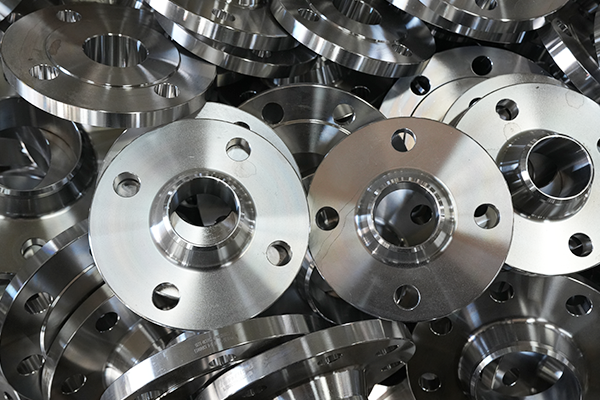NewsDetails
Impact of Surface Treatment Technology on the Protective Performance of Anti-Corrosion Steel Pipes
author:Zhantong time:2025-05-23 01:25:43 Click:102
Impact of Surface Treatment Technology on the Protective Performance of Anti-Corrosion Steel Pipes
1. Importance of Surface Preparation
Surface treatment is a critical step before applying any anti-corrosion coating. The quality of surface preparation directly affects the adhesion, uniformity, and durability of the protective coating, which in turn determines the pipe’s long-term corrosion resistance.
2. Common Surface Treatment Methods
Mechanical Cleaning: Includes wire brushing, grinding, and shot blasting. Among these, abrasive blasting (e.g., sand or steel grit blasting) is the most effective in removing rust, mill scale, and contaminants, and creating a rough profile for coating adhesion.
Chemical Cleaning: Uses solvents, acids, or alkaline solutions to remove oils, greases, and other organic contaminants.
Surface Profiling: Abrasive blasting also provides an optimal surface roughness (typically 50–75 microns) that improves mechanical bonding of coatings.
3. Effects on Coating Adhesion
Proper surface cleaning ensures the coating bonds tightly to the steel substrate.
Inadequate cleaning leaves contaminants that create weak interfaces, leading to poor adhesion, blistering, or delamination.
Surface roughness helps coatings “anchor” mechanically, increasing resistance to peeling and abrasion.
4. Impact on Coating Uniformity
A well-prepared surface allows coatings to be applied evenly without thin spots or pinholes, which are potential corrosion initiation sites.
Poor surface preparation may result in uneven coating thickness, reducing protection in vulnerable areas.
5. Resistance to Environmental Stress
Pipes with properly treated surfaces and well-adhered coatings resist environmental factors such as moisture, chemicals, temperature changes, and mechanical impacts.
Surface defects or contaminants can cause premature coating failure, exposing steel to corrosive agents.
6. Influence on Lifecycle and Maintenance
High-quality surface treatment reduces the risk of coating failure, leading to longer service life and less frequent maintenance or repair.
Pipes with substandard surface preparation are more prone to corrosion, resulting in costly downtime and replacement.
7. Standards and Quality Control
Industry standards (e.g., SSPC-SP 10 / ISO 8501-1 Sa 2.5) define surface cleanliness levels required for optimal coating performance.
Quality control includes visual inspection, surface profile measurement, and contamination testing before coating application.
Conclusion
Surface treatment technology is foundational to the success of anti-corrosion coatings on steel pipes. By ensuring thorough cleaning, appropriate roughness, and contaminant-free surfaces, it maximizes coating adhesion, uniformity, and durability. This directly enhances corrosion protection effectiveness, extending pipeline lifespan and reducing maintenance costs.
 Recommended Products
Recommended Products
 Contact us
Contact us
—— Contact:Manager
—— Tel:+86 15231788966
—— Email:info@zhantongpipe.com
—— Url:https://www.zhantongpipe.com
—— Address:Mengcun Hui Autonomous County, Cangzhou City, Hebei Province









